I know what it's like to get SO busy after training that you forget to eat for a few hours. And it's really worth your while to take a moment to consider how you're fuelling after exercise, especially if you have strength or muscle mass goals. Delaying eating after training can make you feel tired and lead to a blood sugar crash 2-3 hours later. This can lead to feeling crappy, craving sweet snacks and eating more than is comfortable for your body.
Sports nutrition is highly nuanced and needs to be individualised for each unique and amazing body. But for simplicity's sake, here are my biggest DOs and DON'Ts on post-workout nutrition!
Do...
- Eat a large snack or proper meal within 30-60 minutes of finishing training to maximise recovery and minimise blood sugar crashes and DOMS
- Focus on improving nutrition before AND after training sessions for better results. Let me know if you want to see an article on pre-workout nutrition and I will do my best to provide!
- Consume 15-25 grams of protein post-training to help stimulate muscle protein synthesis. Adjust according to session intensity, duration, body size, and whether you are male (aim for the higher end of that range i.e. 20-25g) or female (aim for the lower end, 15-20g).
- Eat enough protein overall. For females I use 1.2-1.4g protein/kg. So, for a 70kg female that’s 98-112g in the course of a day. If you’re starting a new training program or have taken some time off, you may have elevated requirements for the first 6-8 weeks, say 1.4-1.8g/kg. After that it drops back to 1.2-1.4g/kg.
- Eat protein throughout the day. An even distribution of protein throughout the day is what’s important for protein muscle synthesis (1). Aim for a minimum of four hits of protein across day, e.g. at breakfast, lunch, afternoon tea / post-training (15-25 g), and dinner.
- Include protein at breakfast. Most people are getting the majority of their protein in at lunch and dinner, but if you're looking to gain muscle mass then getting it in at breakfast as well is crucial (2).
- Eat real food. Most people can actively gain muscle mass through eating actual food rather than relying on expensive protein powders, shakes and supplements. Protein powders can be convenient but aren’t 100% necessary. For females I think this is even more important since we need to hit calcium, selenium, iron and other micronutrient and fibre targets despite having a smaller overall calorie requirement than males. I'm a fan of making protein balls to use as recovery snacks - you can include adaptogens in them for good measure!
- Consider leucine. Leucine is a branch-chain amino acid (BCAA). It is the strongest determinant of the capacity of a protein to affect muscle protein synthesis and likely hypertrophy (3). You can supplement leucine and many people use BCAAs for this reason. But there are loads of fantastic high-leucine foods you can use instead. Meat and fish are food sources both high in leucine, while cheese, pine nuts and broad (fava) beans and split peas are great vegetarian sources.
- Eat carbs too! We are currently a protein obsessed-culture but carbohydrate is absolutely crucial for good post-training recovery. In fact you need 2-3 times more carbohydrate than you do protein after training. Whether you’ve done aerobic or strength training, you need to replenish your glycogen stores to minimise soreness, tiredness and blood sugar crashes.
- For aerobic/endurance training (e.g. running, cycling) aim for a ratio of 3:1 carbohydrate:protein
- For strength training (e.g. lifting weights) aim for a ratio of 3:1 or 2:1 carb:protein
- For females, aim for approximately 40-45 grams carb and 15 grams of protein post training in a 3:1 ratio for a 45 minute to one hour session
- For males, aim for around 50 grams carb and 15-20 grams of protein for a 45 minute to 1 hour session
- These amounts will increase the longer your training session goes for, the bigger your body size, and the more demanding your training goals are.
Don't...
- Don't overly focus on protein. It’s not all about protein!!! Many folks are so hyper-focused on having their protein shake or bar post-training when they should really be consuming mainly carbohydrate as well as protein. Some personal trainers are recommending massive amounts of protein to their clients in the order of 2.0g protein/kg or higher! I’ve witnessed PTs telling their small-bodied female clients to consume 180g of protein a day – this is massive, SO difficult and unnecessary. Anything above 1.6 g protein/kg does not result in any fat free mass gains and might just be stored as extra fat mass (4).
- Don't practice intermittent fasting if you’re trying to increase your strength or muscle mass, especially if you’re female (5). Infrequent meals and periods of prolonged fasting are counter-productive to optimising muscle protein growth. The way popular media is suggesting we should all intermittently fast may not be the best way for both males and females, or even certain sexes at different stages in life.
- In females intermittent fasting and keto both disrupt kisspeptin production, which not only increases our appetite, but also reduces insulin sensitivity (6). This is why research shows intermittent fasting is more likely to cause impaired glucose intolerance in women, but not men.
- Intermittent fasting can also reduce levels of reproductive hormones in females, leading to potential problems with fertility.
- Read more on the problems with IF here.
- If you are doing intermittent fasting and you train on empty please do not continue to fast after your session. The goal is to support how your body is functioning, not put it into crisis mode.
- Don't be afraid of carbs! Carbohydrate is important for recovery and muscle growth. Glycogen is depleted during training. If you don’t eat enough carbs after training your body will use protein that could be going towards muscle building and will turn it into glycogen anyway. Also, the faster we replace carb stores in muscles, the less sore we will be the following day.
- Don't try to gain muscle and lose fat at the same time. You need to be in energy surplus in order to gain muscle. It is very, VERY difficult to gain muscle and lose fat at the same time. For optimal long-term health and metabolic outcomes I suggest focussing on building strength and/or muscle mass (using nutrition and smart training), and intuitive eating. A muscle-centric approach is so much healthier than entering a cycle of and bulking and cutting in order to achieve a certain aesthetic that usually only lasts a short length of time anyway!
Post-workout snack ideas
- Sardines on crackers or toast
- Yoghurt, fruit, muesli and nut parfait
- Toast with cottage cheese, avocado and veggie toppings
- Banana and peanut butter smoothie (protein powder optional)
- Baked sweet potato stuffed with baked eggs
- Egg and cheese muffins
- Hommus and veggies
- Fruit and hardboiled eggs
Thanks for taking the time to read my blog and have fun experimenting with some of the ways to support your training goals whilst feeling good and satisfied with food! If you want more information or to book an appointment with me, you can find me at [email protected].
Wishing you success in your fitness goals!
Casey
References
- Stokes, T., Hector, A. J., Morton, R. W., McGlory, C., & Phillips, S. M. (2018). Recent Perspectives Regarding the Role of Dietary Protein for the Promotion of Muscle Hypertrophy with Resistance Exercise Training. Nutrients, 10(2), 180. https://doi.org/10.3390/nu10020180
- Yasuda, J., Tomita, T., Arimitsu, T., & Fujita, S. (2020). Evenly Distributed Protein Intake over 3 Meals Augments Resistance Exercise-Induced Muscle Hypertrophy in Healthy Young Men. The Journal of nutrition, 150(7), 1845–1851. https://doi.org/10.1093/jn/nxaa101
- Phillips S. M. (2016). The impact of protein quality on the promotion of resistance exercise-induced changes in muscle mass. Nutrition & metabolism, 13, 64. https://doi.org/10.1186/s12986-016-0124-8
- Correction: A systematic review, meta-analysis and meta-regression of the effect of protein supplementation on resistance training-induced gains in muscle mass and strength in healthy adults. (2020). British journal of sports medicine, 54(19), e7. https://doi.org/10.1136/bjsports-2017-097608corr1
- Williamson, E., & Moore, D. R. (2021). A Muscle-Centric Perspective on Intermittent Fasting: A Suboptimal Dietary Strategy for Supporting Muscle Protein Remodeling and Muscle Mass?. Frontiers in nutrition, 8, 640621. https://doi.org/10.3389/fnut.2021.640621
- Navarro, V.M. Metabolic regulation of kisspeptin — the link between energy balance and reproduction. Nat Rev Endocrinol, 16, 407–420 (2020). https://doi.org/10.1038/s41574-020-0363-7
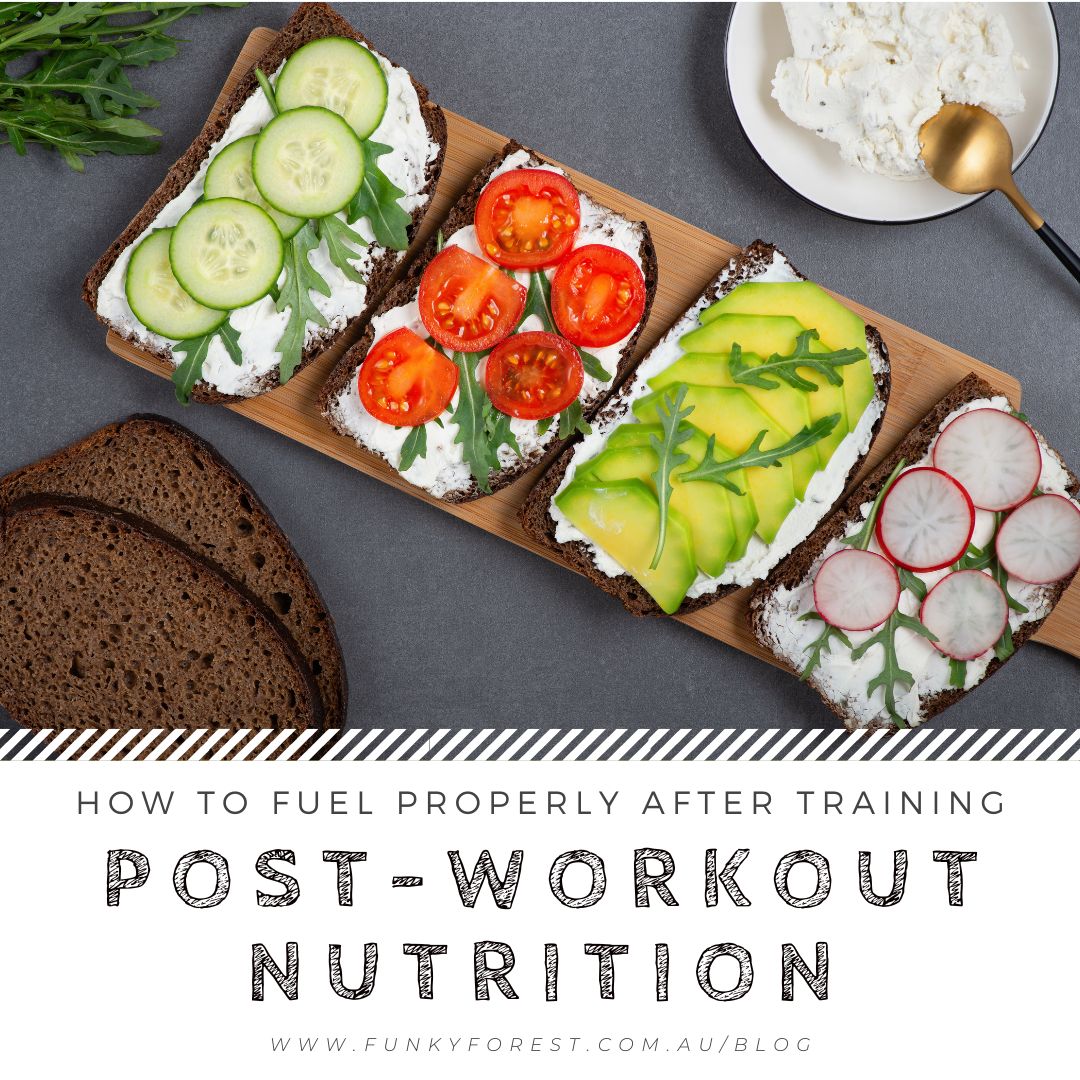
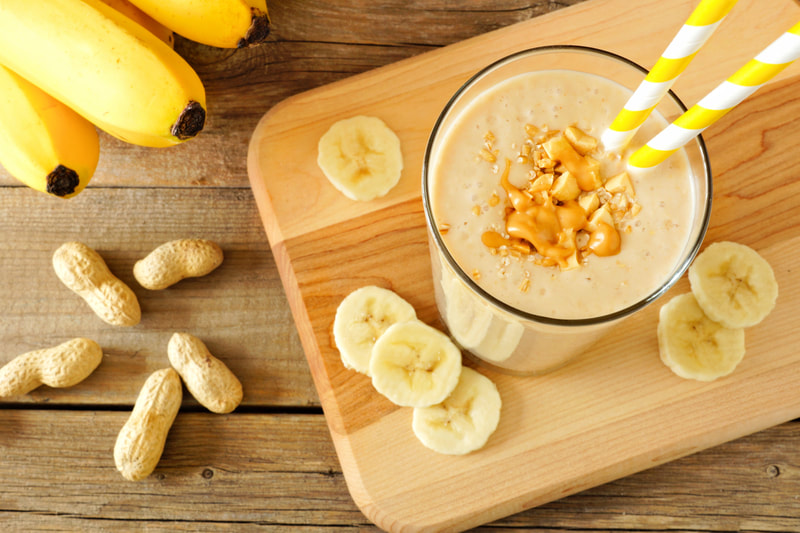
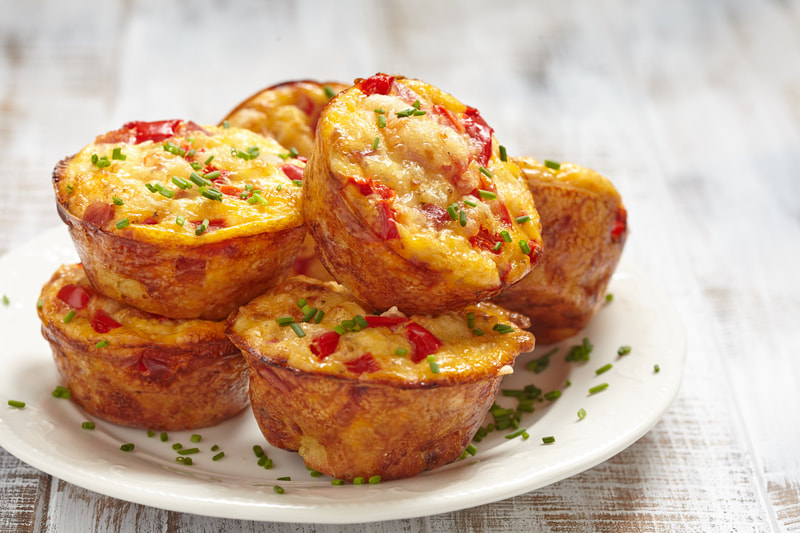
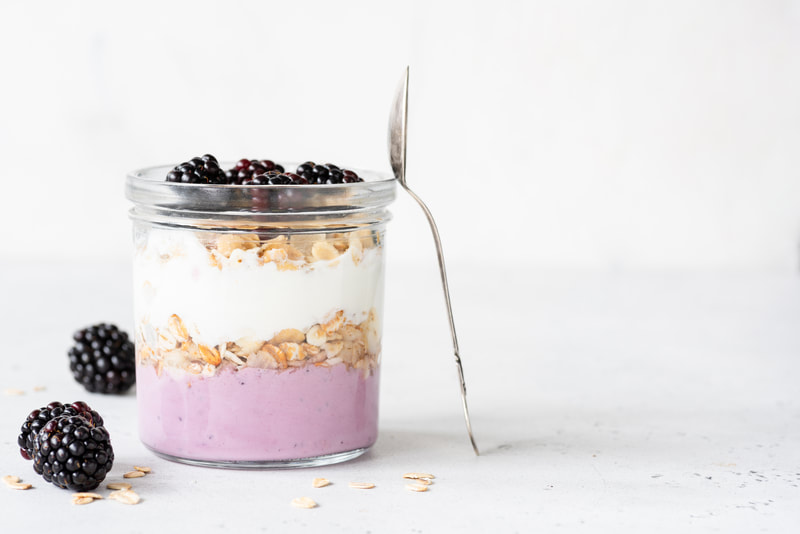
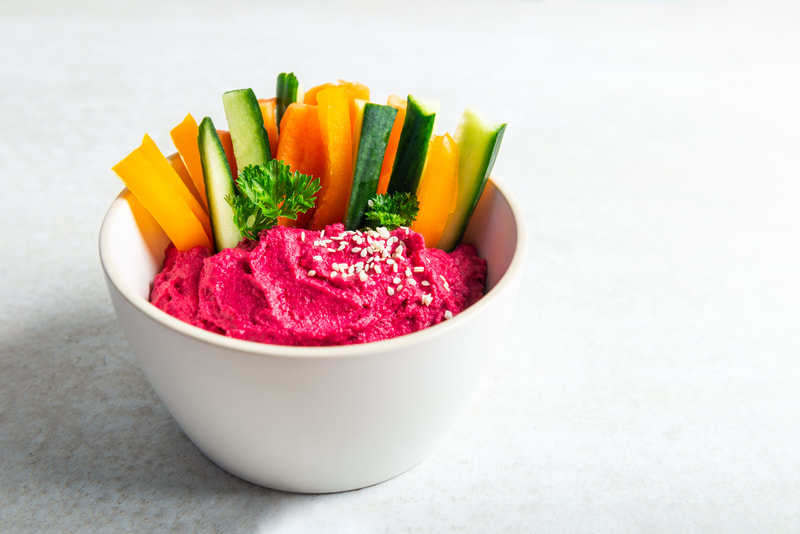
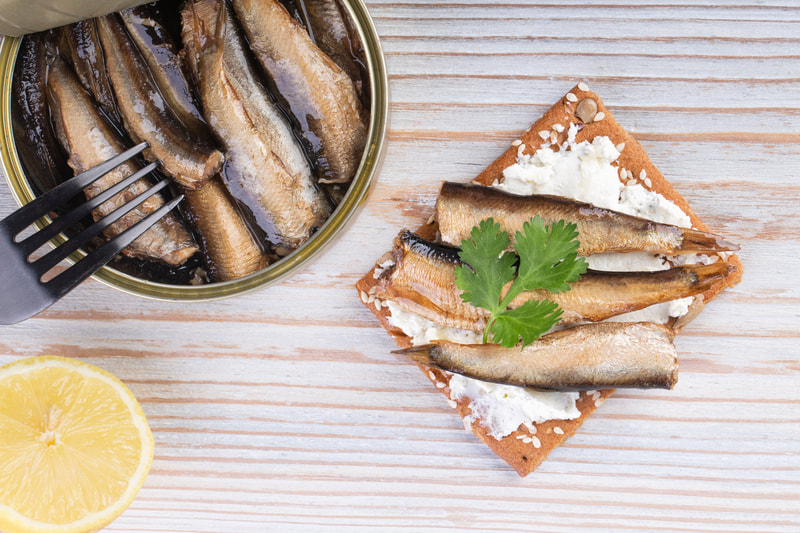
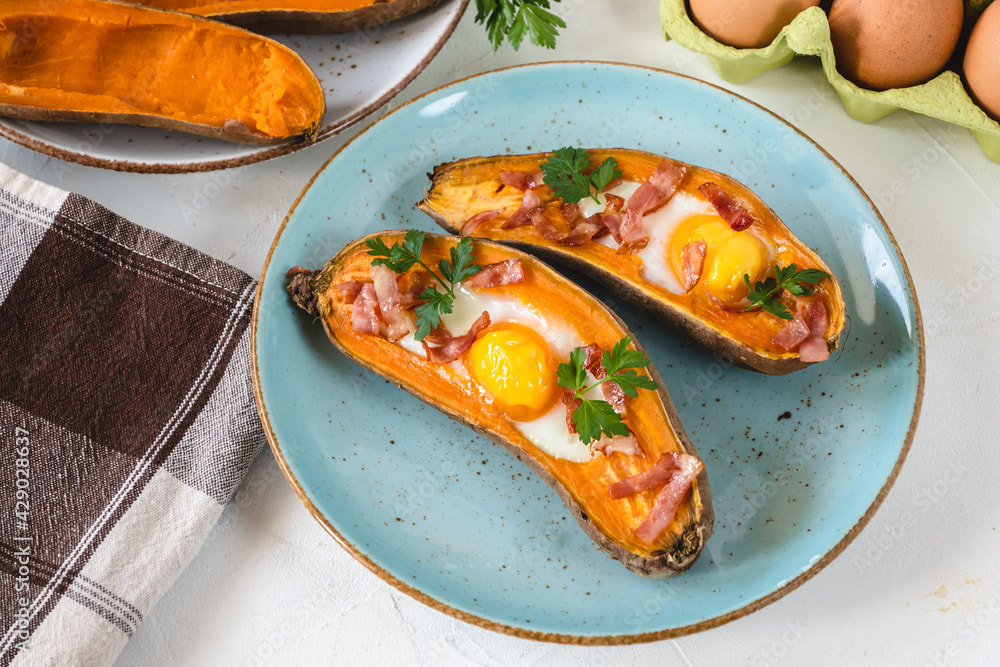

































 RSS Feed
RSS Feed



